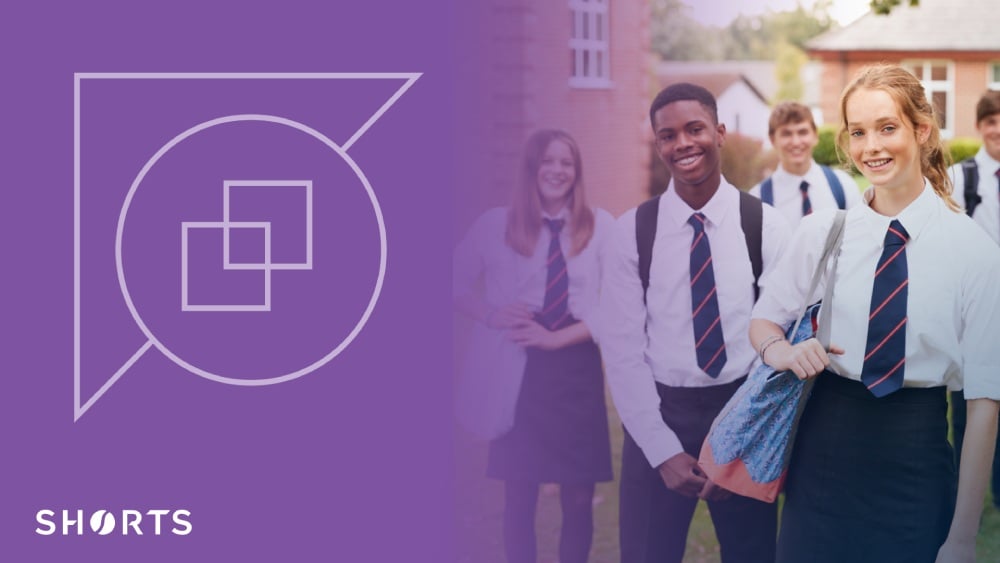
When it comes to educational institutions, the application of VAT is a topic of considerable importance and complexity. It is also a hot topic in politics, with varied positions expressed by political parties.
Is VAT to be charged on private school fees?
The new Labour government elected in 2024 announced on 29 July 2024 that all chargeable education services and vocational training supplied by private schools will be subject to VAT at the standard rate of 20%.
When will private school fees be subject to VAT?
The new standard rating for VAT on private school fees in the UK will be effective from 1 January 2025.
Fees that were invoiced on or after 29 July 2024 will also be subject to the standard rate of VAT at the beginning of the term, providing they relate to school terms after 1 January 2025.
Any private school fees that were paid before 29 July 2024 will be taxed in accordance with the VAT treatment that was in force at the time.
VAT on boarding fees
In addition to education services and vocational training, boarding services that are provided by private schools (or connected persons) will also be taxed at the standard rate of 20%. This will also take effect from 1 January 2025.
When do private schools need to register for VAT?
It is likely that VAT registration will be required in due course for independent/private schools ahead of the changes to VAT treatment. However, the government have advised that schools should not apply to register through HMRC just yet.
HMRC will be providing detailed guidance on VAT registration for private schools in due course.
What is the current VAT situation for private schools? (until January 2025)
Until 1 January 2025, under UK VAT law, education provision by eligible bodies is an exempt supply for the purposes of VAT. Registered independent (private) schools currently fall into this category. Private/independent school fees are, therefore, VAT-exempt.
In addition, services related to the provision of education, such as school catering, transportation, accommodation for boarding purposes, and school trips, are also exempt.
However, VAT incurred on expenditure cannot be reclaimed by schools, which only make exempt supplies of education.
Charities which provide education are also eligible bodies, and charges made by a charity for education and training are exempt from VAT.
Do private schools have charitable status?
In 2022, around half of UK independent schools were registered as charities. The government defines a charity as an institution “established for charitable purposes only, and subject to High Court jurisdiction”. Private schools seeking to advance education may qualify as charities, providing they can demonstrate that they exist for the public benefit.
In addition to not having to charge VAT on school fees, charitable status provides schools with notable tax benefits, including tax exemptions, reduced business rates, and Gift Aid on donations. The charitable status of private schools is also a current topic in UK politics.
What has the government said about the change?
The Labour Party announced their intention to remove the VAT exemption for independent school fees ahead of the 2024 UK General Election, which they won in July 2024. They plan to use this revenue to increase spending on state schools.
What other impacts could there be?
Although adding VAT to independent school fees would, in theory, raise additional revenue, it would also enable independent schools to register for VAT and reclaim the VAT incurred on expenditure. There is a danger that independent schools would delay incurring significant expenditure until the VAT is recoverable from HMRC.
As with all things political, this is a hot topic that is evolving over time.

Lynne Gill
My area of expertise is land and property transactions but I have extensive knowledge of both domestic and international VAT and I love complex VAT queries. I have an Honours degree in Business Studies and a VAT legal and technical qualification from the Institute of Indirect Taxation.
View my articlesTags: VAT
